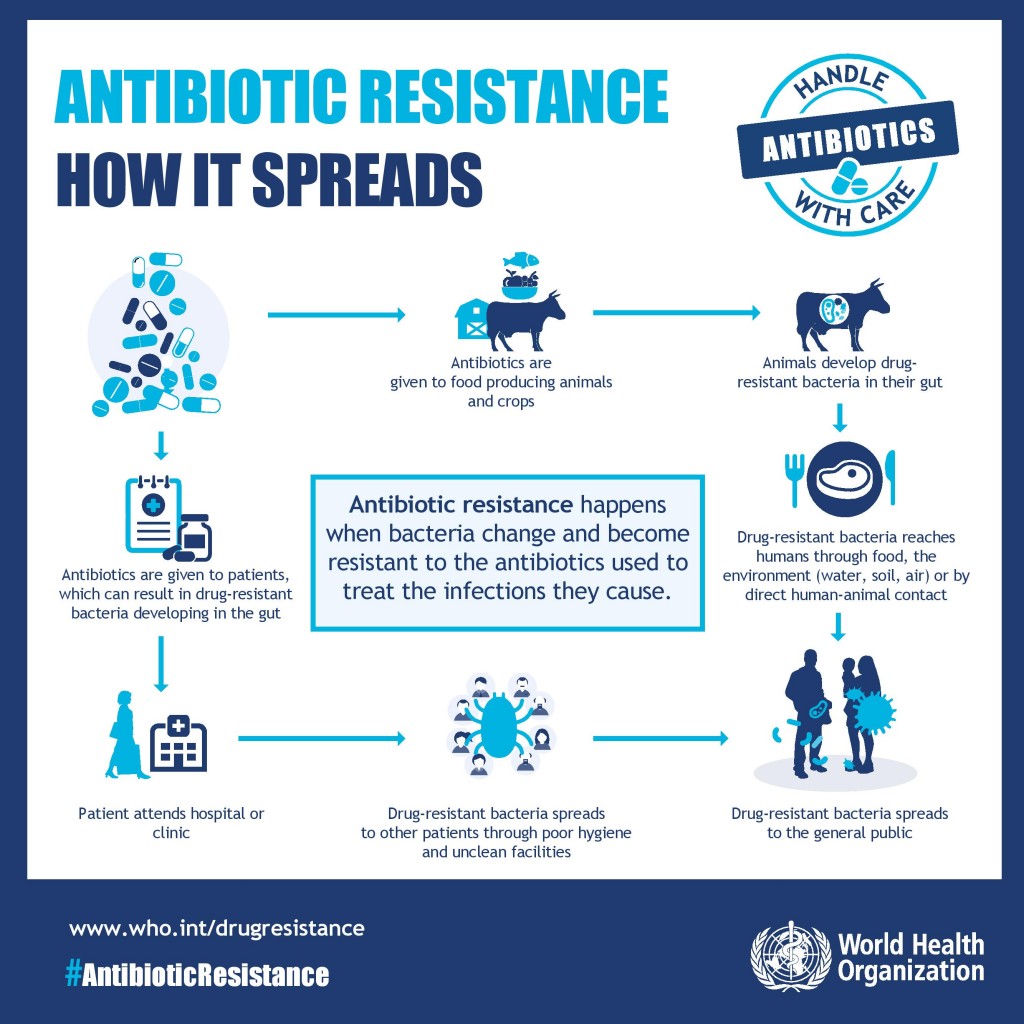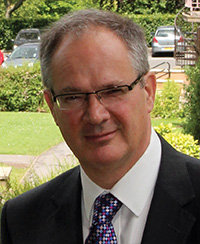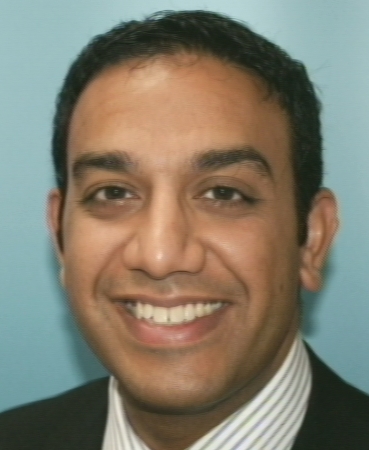Over the Thanksgiving holiday in 2012, John Rodakis, a father of a child with autism, observed his son’s condition dramatically improve while taking a common antibiotic. This marked the beginning of a four year quest to understand how an antibiotic might affect behaviors associated with autism. Today, on the four year anniversary of that observation, Baylor College of Medicine is launching a national study funded by the non-profit the father started, N of One: Autism Research Foundation, to investigate this routinely observed phenomenon.
The first-of-its kind study will investigate why some children with autism spectrum disorder (ASD) experience improvements or changes in their autism symptoms when taking antibiotics. The study will follow children over a two-year period and capture information anytime antibiotics are prescribed by their regular physicians and compare changes in the gut microbiome (bacteria, yeasts and fungi found in the gut) and metabolome (small biological molecules produced by the microbes) during antibiotic use of those who experience a change in symptoms during to those who do not. The study seeks to understand when and why these changes occur and how this information can be harnessed for future interventions.
Autism Spectrum Disorder is a neuro-developmental disorder with a steadily growing prevalence that affects more than 2 percent of children. Many parents have reported that their children experienced significant changes in their ASD symptoms, typically improvements, though sometimes a worsening of symptoms, when taking antibiotics, aka the “antibiotic effect.” Recent research has documented abnormalities in the gut microbiome of children with autism. Researchers have speculated that changes in the gut bacteria caused by antibiotics may be behind the changes in symptoms observed in some children with autism. The gut-brain axis is now being widely investigated by researchers in many fields of medicine.
The study marks the first collaboration between N of One: Autism Research Foundation and Baylor College of Medicine and is the brain-child of two parents of affected children, Dr. Ruth Ann Luna and John Rodakis, who have both been investigating the microbiome’s role in autism. Dr. Luna is one of the nation’s leading investigators of the role of the microbiome in autism and is the Director of Medical Metagenomics at the Texas Children’s Microbiome Center at Texas Children’s Hospital in Houston. Dr. Luna is also an Assistant Professor in the Department of Pathology & Immunology at Baylor College of Medicine. Mr. Rodakis is a former medical venture capitalist who founded the N of One: Autism Research Foundation. Both Luna and Rodakis have observed changes in their children’s autism symptoms while taking antibiotics. “Working with Dr. Luna has been very energizing because as a fellow affected parent, we share a real passion to get this right for our children as well as millions of others,” says Rodakis.
“The support of N of One is enabling a much needed study that would have been unlikely to be funded elsewhere. Because we have both witnessed the antibiotic effect in our own children, we knew this was a natural starting point targeting a gap in published autism research. Our goals reach far beyond this first study and include using these initial data to more effectively subtype autism and thereby develop and deliver more effective microbial-based interventions.”
There is a growing recognition that the microbiome plays a role in autism. In 2000, a clinical trial conducted at Chicago Rush Children’s Hospital demonstrated that eight out of 10 children experienced a significant improvement while taking the antibiotic vancomycin. Despite this and numerous reports published in the media and medical literature of children with ASD unexpectedly improving while taking antibiotics, there have been no systematic attempts to investigating this antibiotic effect until now.
“The question of why some children’s autism symptoms improve is important to me scientifically and personally. We saw this in our own child in 2012 and I published a paperdescribing what I saw. Soon, I began hearing from parents all over the world who had observed same thing,” Rodakis says. “It was stunning to me that there was a frequently reported phenomenon of improvement that was not being used as a clue to guide further research. Today we begin that process.”
The phenomenon has parallels to the “fever-effect,” an observation that some children with ASD experience improvements when they had a fever. Parents had been reporting this for decades, but the reports were not followed up on until 2007 when a Johns Hopkins researcher, Dr. Andy Zimmerman, (a scientific advisor to N of One) documented the effect and later in 2014 used the observations as the basis for a successful treatment trial using sulforaphane, a compound found in broccoli. N of One: Autism Research Foundation was also a sponsor of that trial.
###





